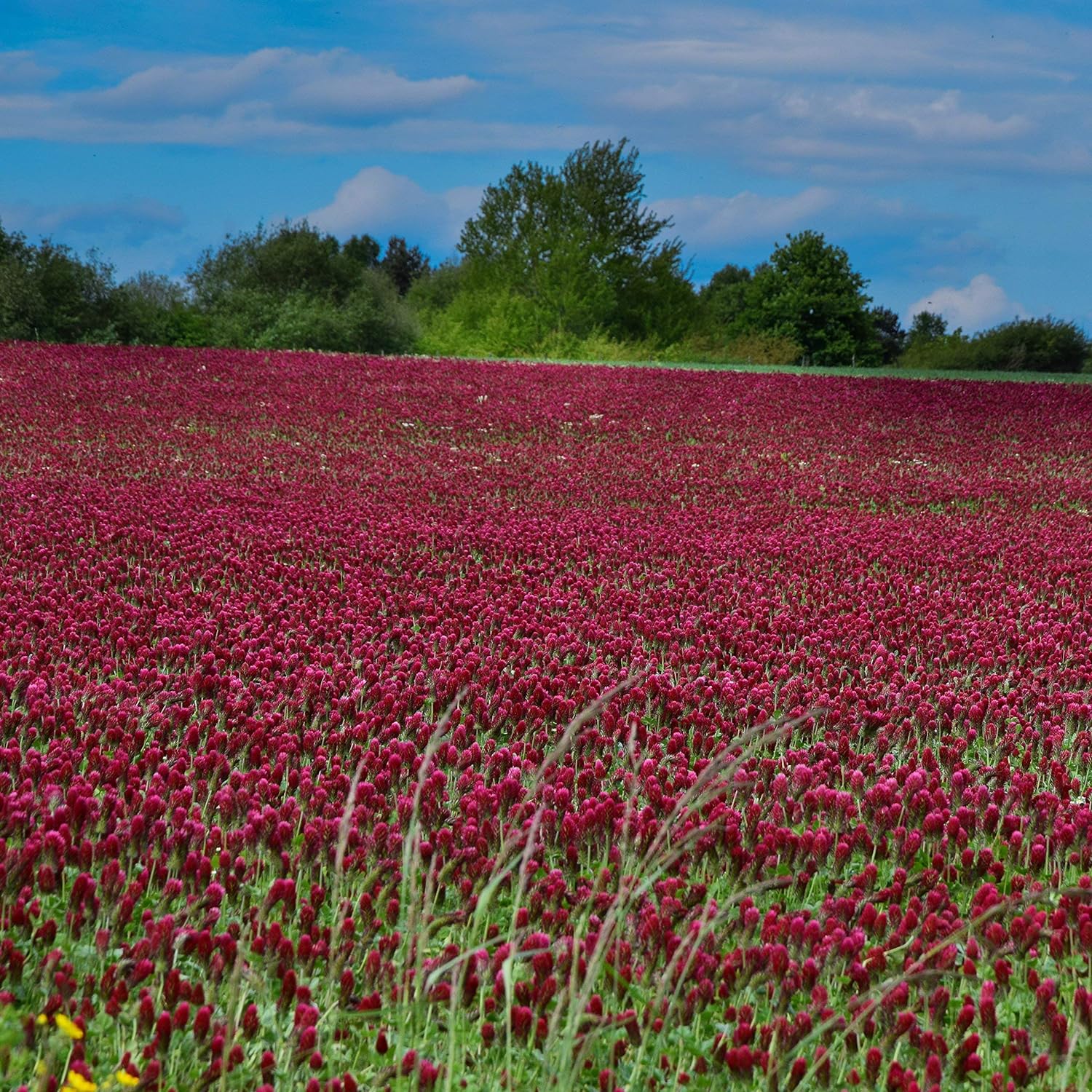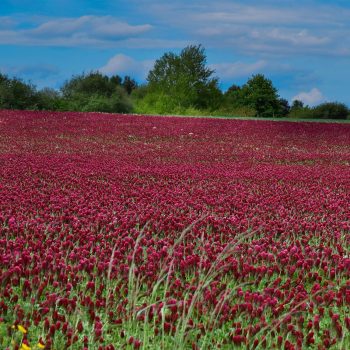
In today’s gardening world, the choice of seeds can significantly impact your ecosystem’s health. Outsidepride Crimson Clover Seeds offer unique benefits as a versatile ground cover option. This article delves into their exceptional features, advantages, and ideal usage. Discover how incorporating these seeds can transform your garden into a lush paradise that supports wildlife and enriches the soil.
Product Features
| Feature | Description |
|---|---|
| Type | Annual |
| Size | 1/4 lbs. |
| Nutritional Value | High protein and nutrient-rich |
| Soil Adaptability | Thrives in sandy and clay soils |
| Germination Rate | Optimal due to Nitro-Coat |
| Sowing Instructions | Sow at 1/2 – 3/4 lb per 1,000 sq ft |
| Pollinator Attraction | Attracts bees, butterflies, and wildlife |
| Application | Ideal for cover crop, grazing, and erosion control |
Product Overview
| Pros |
|---|
| High protein source for wildlife |
| Nutrient-rich for soil improvement |
| Versatile across various soil types |
| Attracts beneficial pollinators |
| Non-GMO and heirloom quality |
| Cons |
|---|
| Requires proper management for growth |
| May take time to establish fully |
| Seasonal growth could limit usability |
Understanding the Benefits of Crimson Clover
When planting Outsidepride Crimson Clover Seeds, I always consider optimal sowing rates to achieve the best results. A recommended seeding rate is about 15 to 25 pounds per acre, which ensures dense cover that effectively suppresses weeds and prevents erosion. It’s essential to prepare the soil properly before sowing; Crimson clover thrives in well-drained, fertile soil with a pH between 6.0 and 7.0. I’ve found that testing the soil ahead of time helps in making the necessary amendments, promoting healthy growth.
Timing is another crucial factor for success. I typically plant my seeds in the late summer or early fall—around August to September—when soil temperatures are still warm, allowing the seeds to germinate quickly. Alternatively, early spring sowing is also an option, as long as I avoid overly wet conditions.
Once planted, I believe in maintaining a healthy environment for my crimson clover. Regular watering in dry spells, though not overwatering, supports robust growth. Keeping an eye out for weeds during the establishment phase helps too, as clover can be sensitive to competition. Integrating clover with other garden crops is a smart move; it acts as an excellent companion plant, enhancing nitrogen levels in the soil while attracting beneficial pollinators, making my garden diverse and alive. Overall, I find that with a bit of care and attention, crimson clover becomes a vibrant, essential part of my outdoor space.
Best Practices for Planting and Caring for Crimson Clover
When planting Outsidepride Crimson Clover Seeds, proper preparation and care are essential to ensure robust growth. First, I recommend a sowing rate of about 15 to 25 pounds per acre when broadcasting seeds. For smaller gardens, using approximately 3 to 6 ounces per 1,000 square feet works well. The ideal time to plant Crimson Clover is typically in early spring or late summer, depending on your climate, as it thrives in cool weather.
The soil conditions play a significant role in their establishment. Crimson Clover prefers well-drained, loamy soil that has a pH level between 6.0 and 7.5. Before sowing, I find it beneficial to loosen the soil and incorporate organic matter to enhance fertility. You can also mix in some fertilizer rich in phosphorus and potassium to support healthy growth.
Once the seeds are sown, consistent moisture is crucial for establishment, especially during the first few weeks. I monitor the garden to ensure the soil stays moist but not waterlogged. As the plants mature, I recommend light mowing or grazing to promote dense growth and prevent them from becoming leggy.
Managing potential challenges, such as weeds or pests, can be straightforward. Regular monitoring and, if necessary, using organic herbicides can help maintain the desired plant health. Integrating Crimson Clover with other garden crops is highly effective; for example, planting them alongside legumes can enhance nitrogen fixation, benefiting both plants. This harmonious approach encourages a thriving outdoor space, making your garden both beautiful and productive.
Conclusions
In conclusion, Outsidepride Crimson Clover Seeds offer a unique combination of benefits for your garden, from enhancing soil quality to attracting wildlife. By choosing this versatile option, you can cultivate a thriving ecosystem that supports your gardening efforts while reaping the rewards of lush, green growth. Consider incorporating crimson clover into your planting plans for a vibrant outdoor space.











